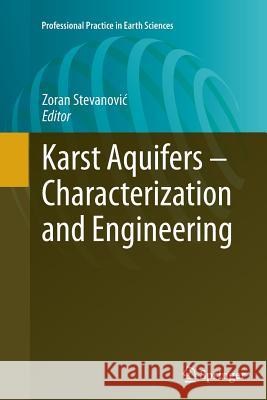Karst Aquifers - Characterization and Engineering » książka
topmenu
Karst Aquifers - Characterization and Engineering
ISBN-13: 9783319354224 / Angielski / Miękka / 2016 / 692 str.
Kategorie:
Kategorie BISAC:
Wydawca:
Springer
Seria wydawnicza:
Język:
Angielski
ISBN-13:
9783319354224
Rok wydania:
2016
Wydanie:
Softcover Repri
Numer serii:
000772559
Ilość stron:
692
Waga:
0.98 kg
Wymiary:
23.39 x 15.6 x 3.63
Oprawa:
Miękka
Wolumenów:
01
Dodatkowe informacje:
Wydanie ilustrowane











